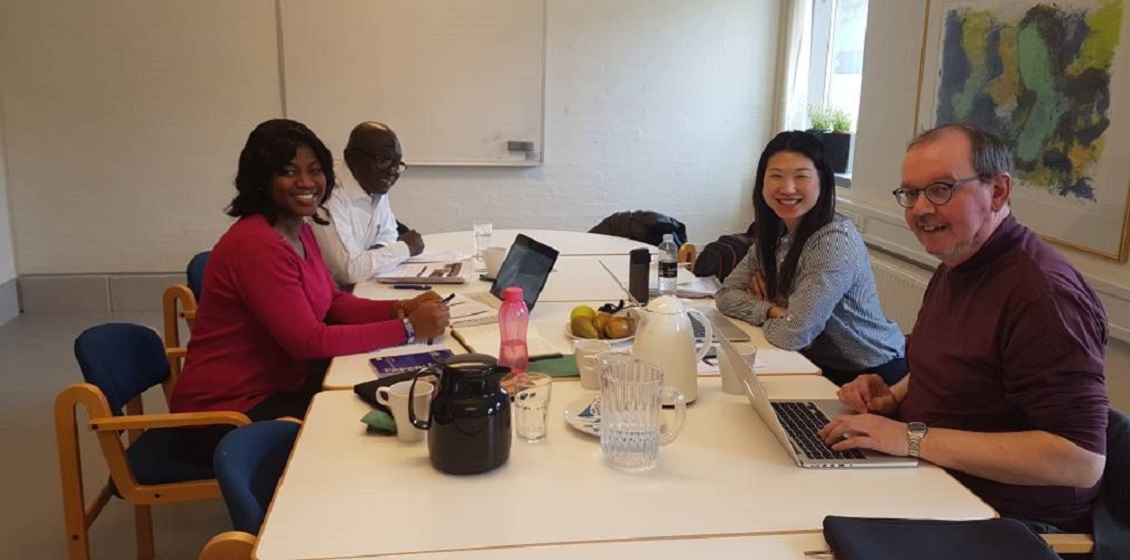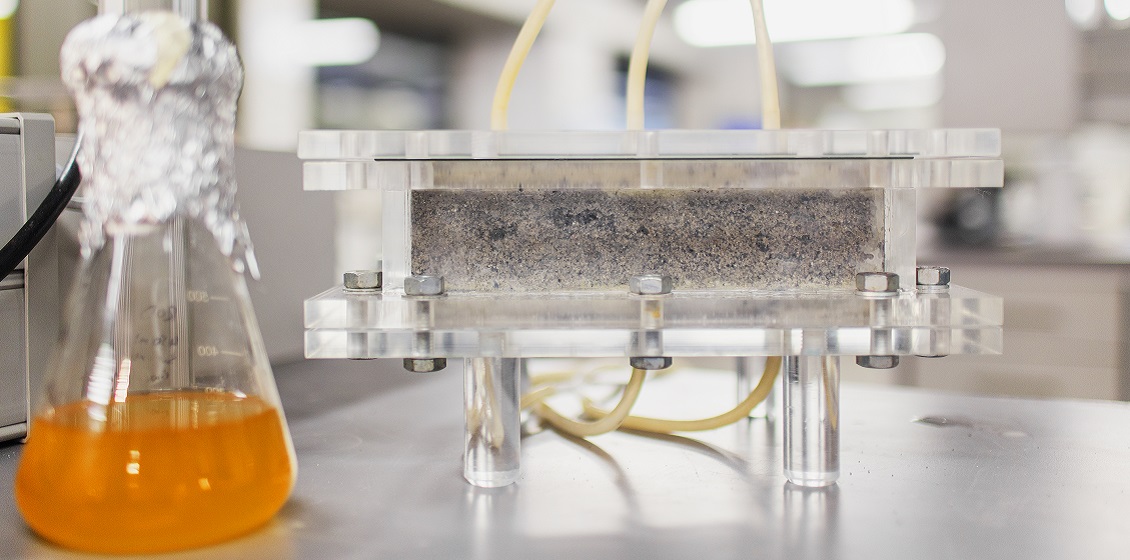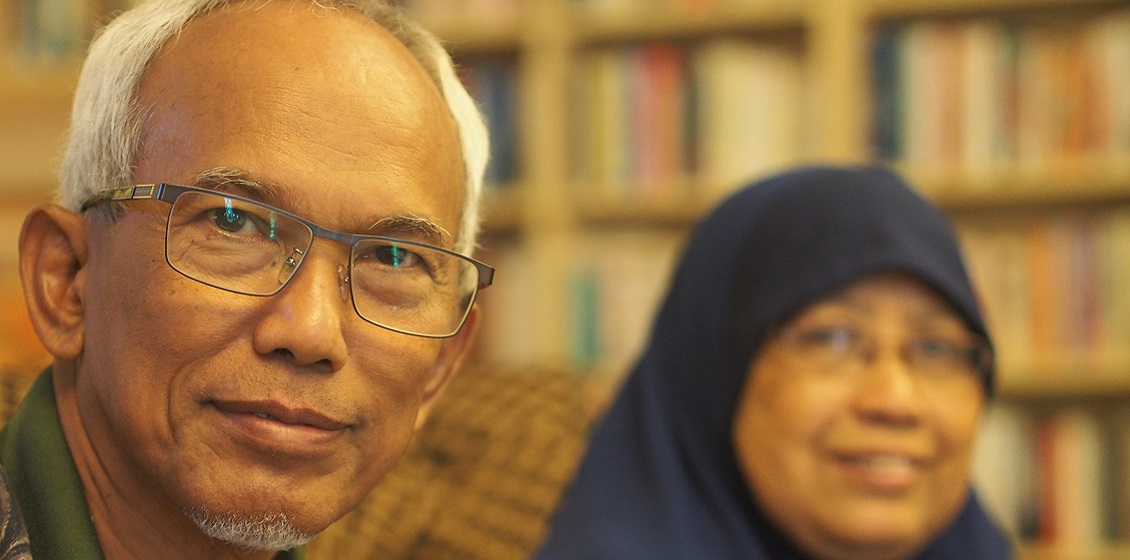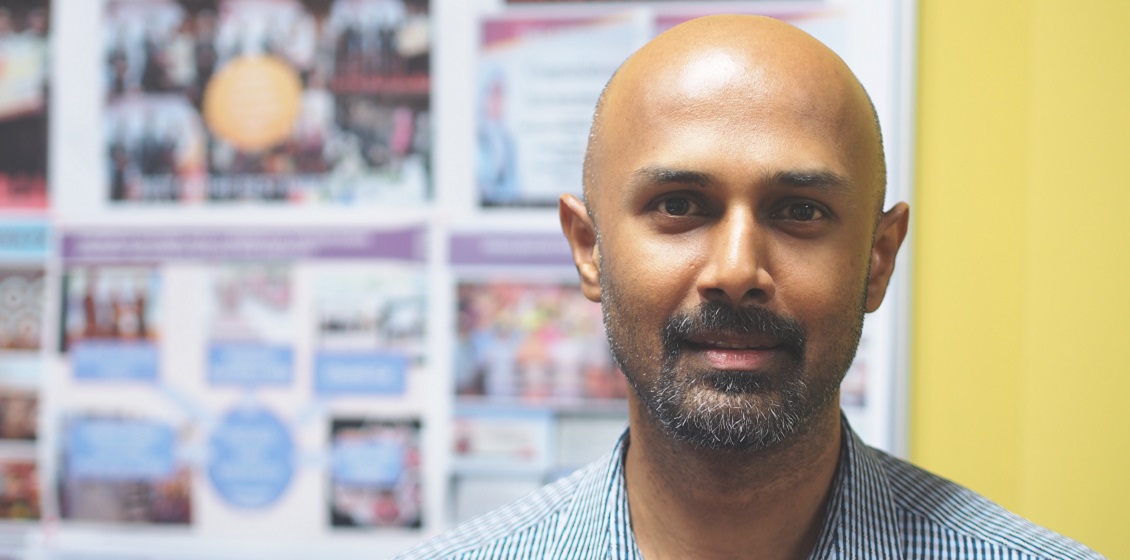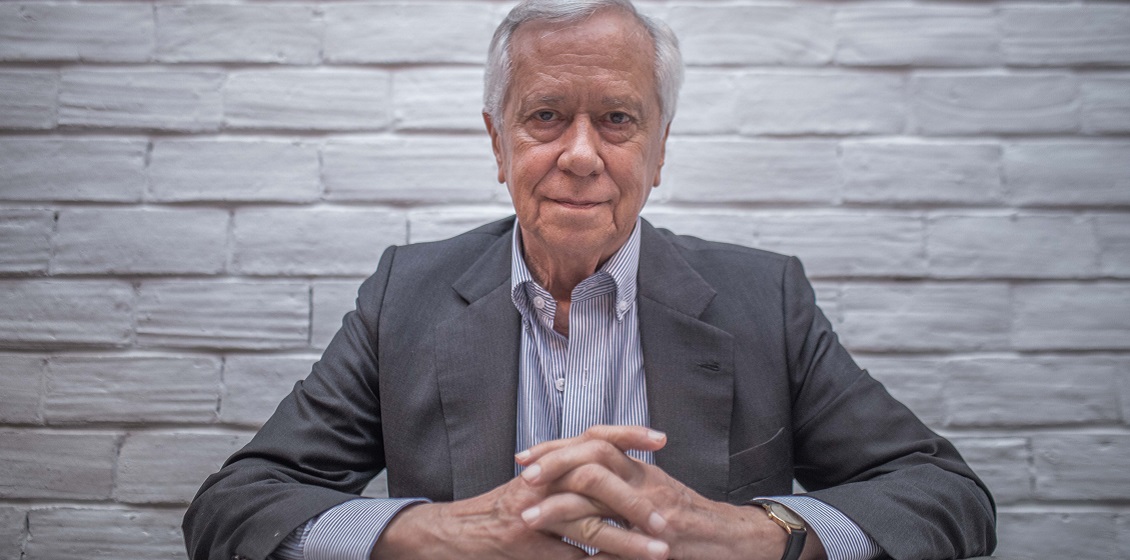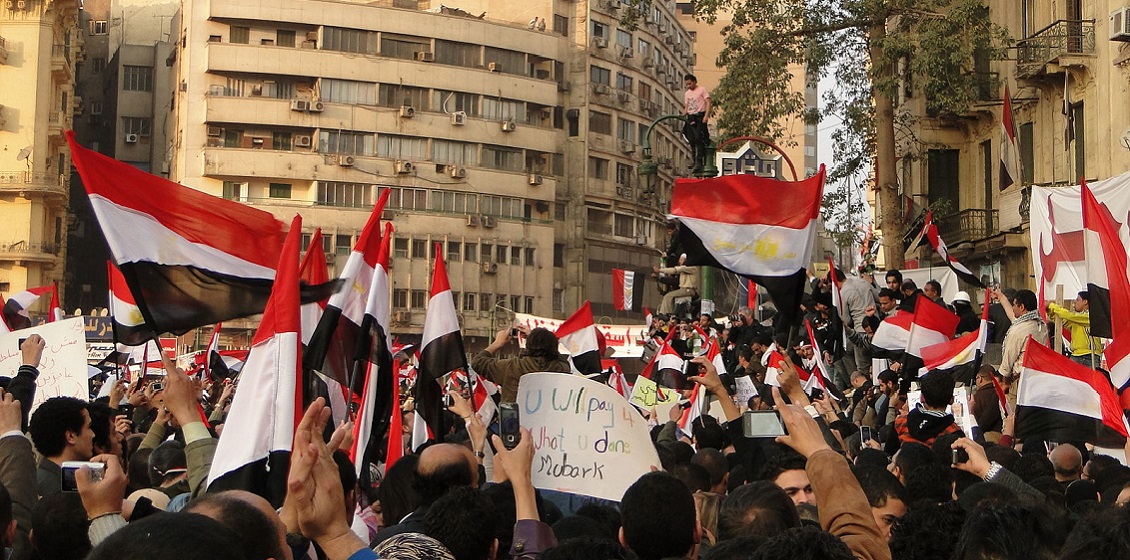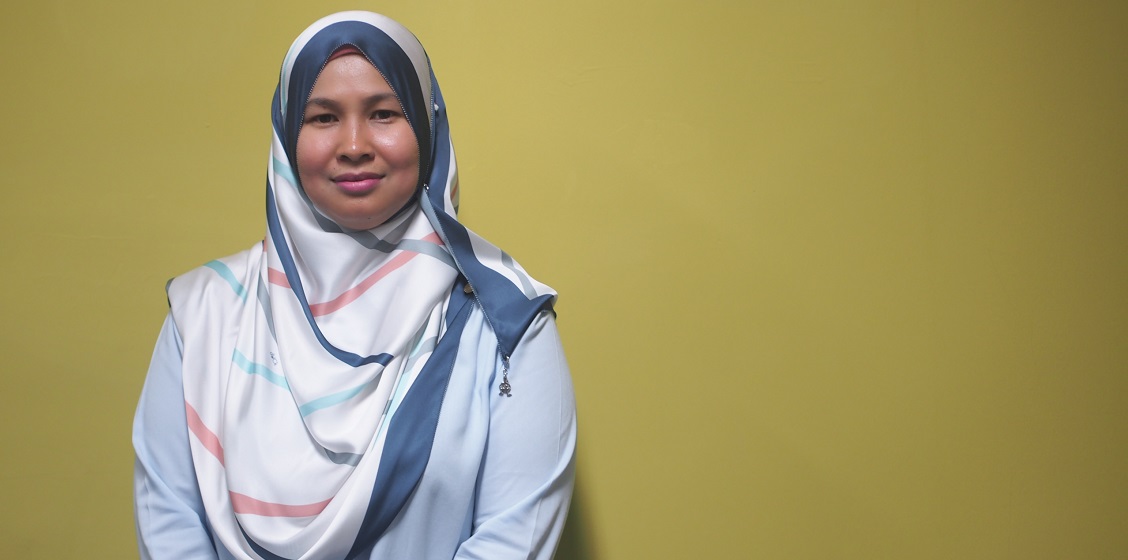TAGDEV: An Example of How African Universities Are Moving Lower to Influence Change in Communities
Africa’s poverty levels remain high, at 40 percent of the continent’s population, condemning millions of people to a substandard lifestyle. Innovation and willingness to cross traditional academic boundaries have become more urgent for many in the academia.



